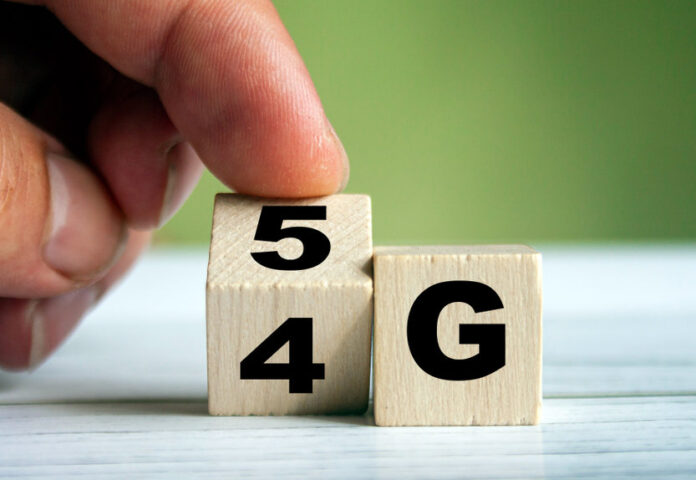BSNL will also deploy an additional 21,000 towers by end March 2025
India’s state-run operator BSNL is expected to install a total of 80,000 telecom towers across the country by the end of October for the provision of nationwide 4G services, local press reported.
The country’s Communications Minister Jyotiraditya Scindia said that another 21,000 towers will be deployed by the telco by March 2025, according to the report.
BSNL previously said it expected to provide 4G services nationwide through the deployment of 100,000 base stations.
BSNL is targeting a 20% market share of the country’s overall mobile market by the end of 2024 by accelerating the rollout of its 4G network, according to previous press reports, while the government recently set a new target of 25% of the market by end-2025. Over the last several years, BSNL has lost market share to rival telcos Reliance Jio Infocomm and Bharti Airtel due to the lack of extended 4G coverage across the country.
Regarding the future launch of 5G services by BSNL, Scindia expressed confidence that the state telco would soon complete the transition from 4G to 5G. He mentioned that it is possible to use 5G technology on the existing 4G core and that work is underway to make necessary changes in the towers for 5G services.
The Government of India recently announced it will set up a project management unit (PMU) for BSNL, through which the carrier will be monitored on a daily basis with regard to its ongoing 4G deployment.
The PMU will be set along with Tata Consultancy Services (TCS), Tejas Networks and the government’s Center for Development of Telematics (C-DOT), with which BSNL is currently deploying its 4G network using indigenous technologies.
“We are forming a PMU and that PMU will not set monthly targets, will not set weekly targets, but I have mandated them to set daily targets. Those daily targets will be monitored by the secretary and by myself,” Scindia had said.
The state-run telecom operator has been conducting trials in Punjab to test the capability of the Indian-developed 4G technology. The telco initially launched 4G services in the North Indian regions of Punjab, Haryana, Himachal Pradesh, Uttarakhand and western Uttar Pradesh, using indigenous network technology developed in collaboration with Tata Consultancy Services and the C-DOT. The state-run telco has received 4G and 5G frequencies from the government as a part of a relief package.

